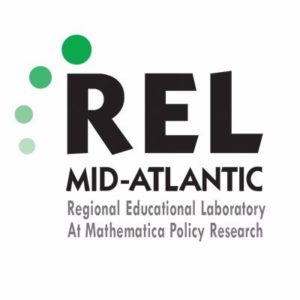Self-exploration is critical to student career planning
Now that Pennsylvania public schools are tasked with helping all students create career plans, they need to go a step further—have them create three.
While they’re at it, schools also should make sure that kids don’t begin career planning without having first explored their interests and assessed their skills, said Boston University Professor V. Scott Solberg. PhD. Solberg spoke in March to a group of educators gathered at the Consortium for a workshop presented in partnership with the Mid-Atlantic Regional Educational Laboratory. 
“Interest inventories often go straight to careers, but we want kids to find first out how they relate to the world,” Solberg said. When they connect careers to personal interests and goals, they’re much more likely to “take ownership of their learning.”
Identifying more than one career plan not only gives students a fallback, it also makes them think more deeply about their interests and skills. The magic number seems to be three because research suggests students with three different plans both do better in school and are happier later in life, Solberg said.
With schools relying too heavily on test scores as benchmarks of progress, too many students go off to college with no plan, or plans that didn’t adequately take account of who they are. It’s why too many drop out or change majors, Solberg said. “We need educators to realize they’re not just teaching subjects. We need to think about those next steps, not just subjects.”
To ensure that kids have the chance for self-exploration, Solberg suggested they do written reflections on what they’ve learned about themselves and what tentative career and life goals they can envision.
Additionally, he said the interest of a caring adult can be critical in starting the process. One common way of ensuring this access is pairing students with adult mentors in their schools. But some schools even are bringing in retirees to help kids, he said. Additionally, schools can bring business people in for career explorations, panel discussions and other activities.
Among the highest priorities for many educators at the workshop was helping students connect with real-world experiences and role models outside the classroom.
Baldwin Whitehall School District’s Assistant Superintendent Denise Sedlacek, M.Ed., for example, said her team would like to see more job-shadows for students in middle school and, at higher grade levels, more internships and cooperative education arrangements, in which kids combine classroom time with jobs.
“Our bullseye is face-to-face,” agreed South Allegheny School District Superintendent Dr. Lisa Duval. “For our kids, career exploration has to be more than logging onto a computer and researching a career. We have to get them onsite.”
Duval said families in her district can’t necessarily provide exposure to the kinds of careers that their kids might want. “We have to be the catalyst to say, ‘If you want more, you can have more’.”






